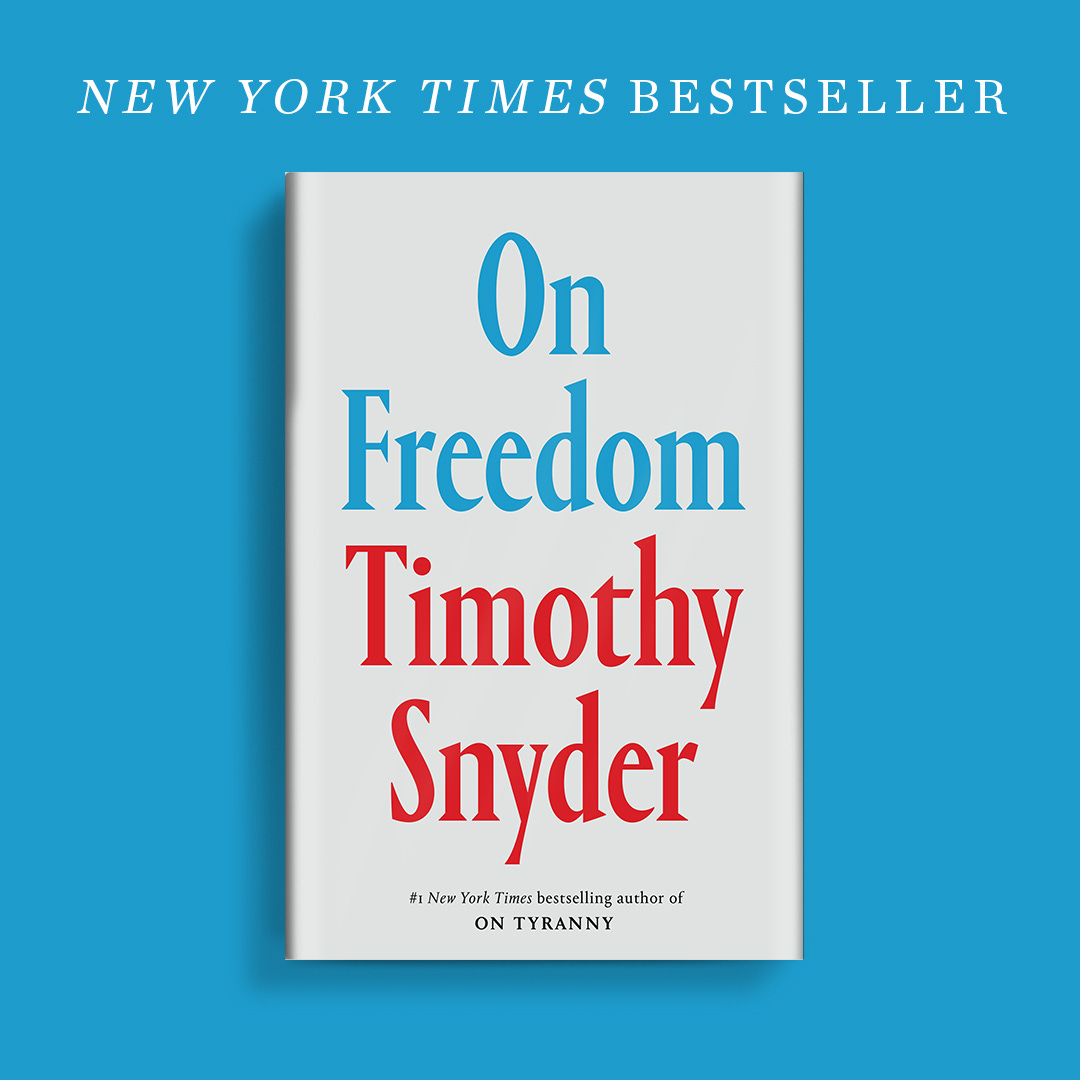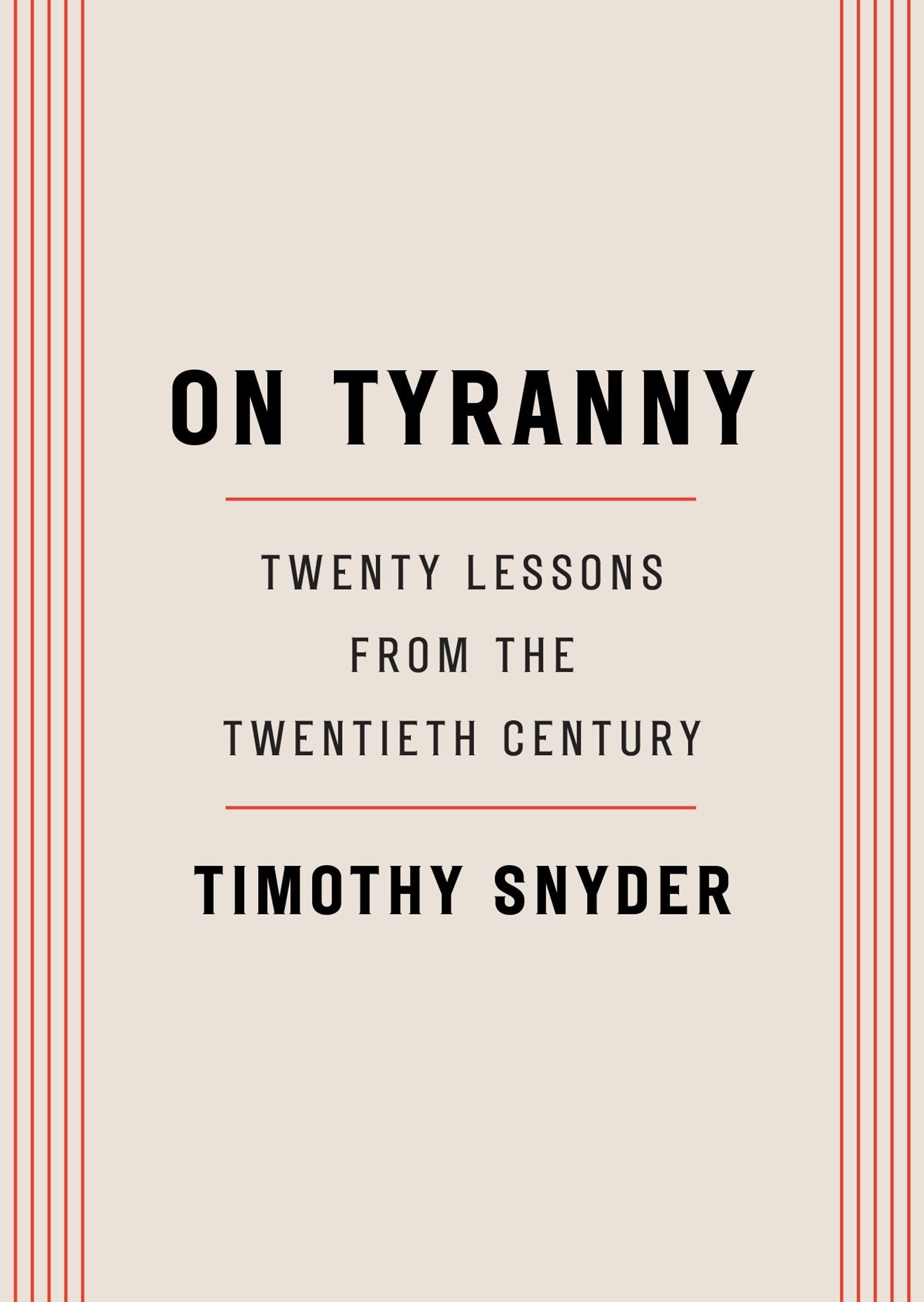In the Republic of Gilead's dystopian future, men and women perform the services assigned to them.
This is the summary of The Handmaid's Tale provided by the New York Times in its bestseller list.
While it is a wonderful thing that Margaret Atwood's classic is being read, this description is precision without accuracy, revealing a striving to be uncontroversial that prepares the way for civilizational collapse.
In the Republic of Gilead's dystopian future. This is not terrible; it just distances us far more than is appropriate. The novel was written in the 1980s, and the action takes place in a world more or less contemporary with our own. The word "dystopian" suggests a kind of impossible abstraction, whereas the world Atwood describes is disturbingly plausible. Gilead is not a static image of repression. It is a plausible world, held together by understandable human aspirations and relationships. The Republic of Gilead is a Christian Reconstructionist regime controlling some of the territory of the United States, characterized by an extreme inequality among classes and between sexes. The transition is recent and ongoing, such that the characters remember the prior state of affairs -- our world, essentially, with its charms and flaws. Much of the appeal of the novel is in the main character's memories of the United States before the transition.
men and women perform Here the striking problems begin. Men first! In the novel, the first-person narrator is a woman. One of its formal successes, for me, is its presentation of all of the male characters, both before and after the shift from the United States to Gilead, from a single female perspective. The reader never sees men from the inside, but only from the subjective (rather experienced and wise) perspective of a woman bound into certain kinds of relationships with them. We see how the protagonist’s relationship with her husband changes as the Christian Reconstructionist takeover begins, and she loses her ability to earn and spend money. Her daily life in Gilead is that of a Handmaid, a designated reproducer. She has been separated from her husband and her daughter, and now must serve as part of a stigmatized and uniformed caste of women who have ritualized sex with high-status men. The children the handmaids bear are taken from them and raised by a high-status man (Commander) and his legal spouse (Wife). Now, of course it is not entirely wrong to say that "men and women" are performing here; but mentioning men, and indeed placing them first, hugely distorts the plot. It is an extraordinary act of both-sidesism, even for the New York Times. If women are oppressed, then men must be as well! And since men are easily wounded, best to list them first!
the services assigned to them This euphemism of "service" for "patriarchically ordered sex" captures how a kind of politeness, associated with the Left, is in fact a prudery that empowers the far Right. The essential act in the handmaid's tale is a regular act of sexual intercourse between the Commander and the Handmaid, in which the Wife also participates. Like everything else in Gilead, it is biblically sanctioned -- and even biblically scripted. The religious authority, combined with violence, creates a situation in which what might otherwise be seen as rape becomes the moment that reproduces, and not only biologically, a new form of society, the Christian Reconstructionist regime. The passive "assigned to them" wrongly suggests that men and women are both equally subject to some impersonal distant power. It belies the basic reality that the sexual oppression reinforces all of the other forms. We can't get to the politics of this without the violence, and we can't get to the violence if we are too prudish to consider the body.
In the Republic of Gilead's dystopian future, men and women perform the services assigned to them.
When I read those sixteen words, meant as a description of a novel, I felt as though a barrier were being thrown up between the possible reader and a text we very much need. Christian Reconstructionism is now at the edge of power in the United States, and the attitude of the relevant people towards the female body and indeed towards rape is an essential element of what is happening and what is likely to happen. Both-sidesism, prudery, and euphemisms are keeping much of the media from bringing this story together in time. We will need clear language in general, and this novel in particular, to see the whole picture. I will develop this in two posts to come.






Thank you so much, Dr. Snyder. Excellent article! Alexie Navalny begins his autobiography, Patriot, by saying he learned to be direct. I agree. JD Vance was direct when he called Trump America’s Hitler. Perhaps Trump is also America’s Ayatollah. We need to be direct so we remember what we are fighting for and know what we are up against. Navalny’s last words, “You are not allowed to give up. “
What’s wrong with this country? How many are really interested in how all of this ends up? Why do people believe (especially after seeing his choices for his cabinet, etc) that Trump and the Trumplicans care about them and will be more useful than Democrats? Do they think that Elon Musk and his buddies are concerned about working Americans?